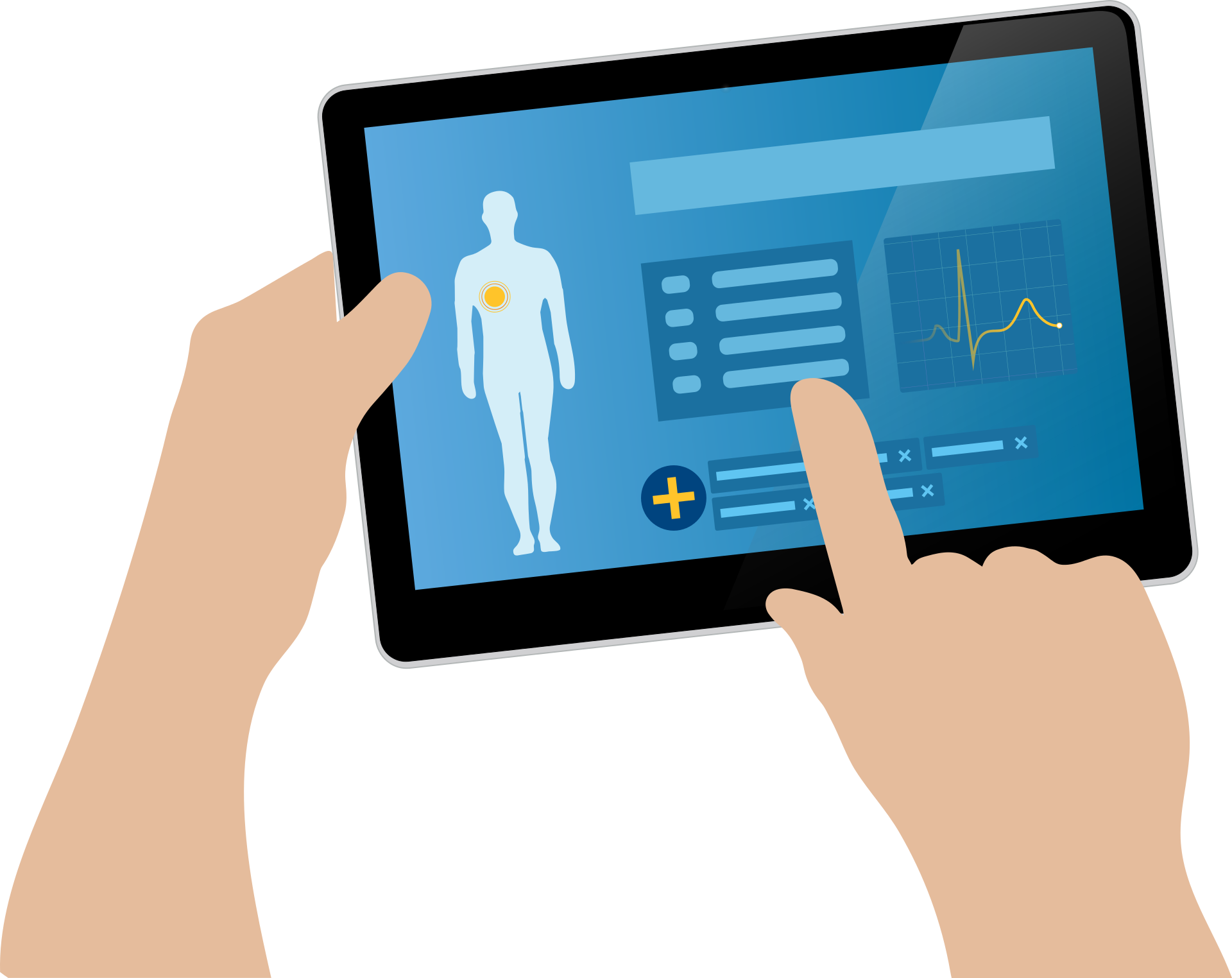
Electronic health records have become integral to patient care, but their expansive use and demands have been linked to physician burnout. Pixabay
Electronic health records have dramatically altered the practice of medicine, providing real-time, patient-centered documentation available instantly and securely to authorized users, including patients themselves. They are the digital version of a patient’s old paper chart, only broader, deeper and far more interactive.
Part of that interactivity includes the ability of patients to send messages directly to their physicians. In a cross-sectional study, published in JAMA Network Open, researchers at UC San Diego looked at whether the volume of messages, their length or sentiment was associated with physician burnout, a growing crisis driven substantially by phenomena like the COVID pandemic, but also by increased duties like maintaining and sustaining effective EHRs.
Led by first author Sally Baxter, MD, an assistant professor of ophthalmology and biomedical informatics, the researchers analyzed more than 1.4 million messages to 609 physicians at UC San Diego Health between April to September 2020. They also asked participating physicians to confidentially self-report their perceived degree of burnout.
Roughly half of the physicians defined themselves as burned out.
Physicians with higher inbasket volumes of patient messages were more likely to be associated with burnout, but interestingly, the sentiment contained in those messages did not have a similar association, even messages that contained expletives or negative or violent language.
The researchers said the findings are useful in further defining doctors most at risk of burnout (younger, female, Hispanic/Latino) and in refining EHR protocols to ensure messaging to and from physicians and patients is beneficial to all.
— Scott LaFee